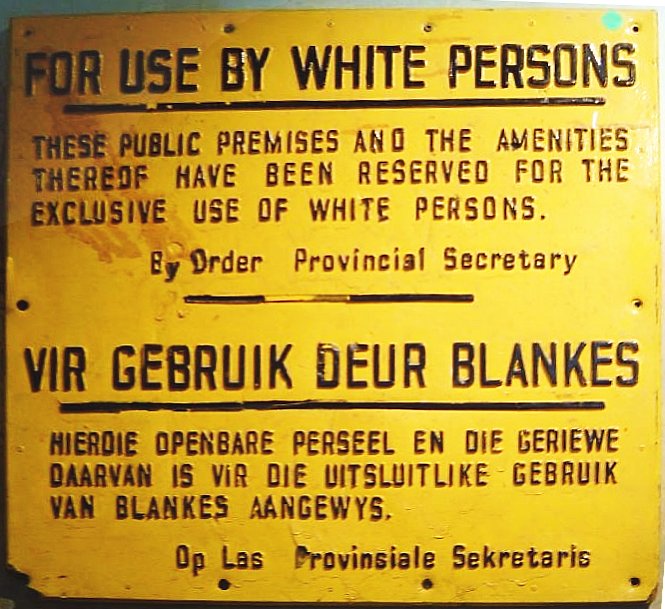
NELSON MANDELA
It is easy to break down and destroy. The heroes are those who make peace and build.- NELSON MANDELA
Every year on July 18, Nelson Mandela International Day 2021, also known as Mandela Day, is celebrated to mark his 103th birth anniversary, the former president of South Africa. Rolihlahla Mandela was born into the Madiba clan in the village of Mandela served 27 years in prison, split between Robben Island, Pollsmoor Prison and Victor Verster Prison. Amid growing domestic and international pressure and fears of racial civil war, President F. W. de Klerk released him in 1990. , in the Eastern Cape, on 18 July 1918.
The United Nations officially declared July 18th as Nelson Mandela International day in 2009. It was first celebrated in 2010. The origin of the day came from Mr. Mandela himself — he is believed to have announced that his birthday be celebrated as Mandela Day. The Nelson Mandela Foundation, on April 27, 2009, hosted a series of concerts to honor the legacy of Mr. Mandela and celebrate his values through community service.
HISTORY AND HIS REVOLUTIONARY ACTIVITY :
Mandela began studying law at the University of the Witwatersrand, where he was the only black African student and faced racism. In August 1943 Mandela marched in support of a successful bus boycott to reverse fare rises. In the South African general election in 1948, in which only whites were permitted to vote, the Afrikaner-dominated Herenigde Nasionale Party under Daniel François Malan took power, soon uniting with the Afrikaner Party to form the National Party. Openly racialist, the party codified and expanded racial segregation with new apartheid legislation. Gaining increasing influence in the ANC, Mandela and his party cadre allies began advocating direct action against apartheid, such as boycotts and strikes, influenced by the tactics already employed by South Africa's Indian community. in March 1950,and that same year was elected national president of the African National Congress Youth League (ANCYL)
ANC TRICOLOUR FLAG
In December 1956, Mandela was arrested alongside most of the ANC national executive, and accused of "high treason" against the state. Held in Johannesburg Prison amid mass protests, they underwent a preparatory examination before being granted bail. The formal Treason Trial began in Pretoria in August 1958, with the defendants successfully applying to have the three judges—all linked to the governing National Party—replaced. in October the prosecution withdrew its indictment, submitting a reformulated version in November which argued that the ANC leadership committed high treason by advocating violent revolution. In early 1960, Africans burned the passes that they were legally obliged to carry, resulting in the deaths of 69 protesters in the Sharpeville massacre. The incident brought international condemnation of the government and resulted in rioting throughout South Africa, with Mandela publicly burning his pass in solidarity.
As he was in the prison he faced many problems, problems like he was unable to meet his lawyer and the communication between them was denied, so he disguised as a chauffeur, Mandela travelled around the country incognito, organizing the ANC's new cell structure and the planned mass stay-at-home strike. On 5 August 1962, police captured Mandela along with fellow activist Cecil Williams near Howick. Jailed in Johannesburg's Marshall Square prison, Mandela was charged with inciting workers' strikes and leaving the country without permission. n 1964, Mandela and his co-accused were transferred from Pretoria to the prison on Robben Island, remaining there for the next 18 years. Isolated from non-political prisoners in Section B, Mandela was imprisoned in a damp concrete cell measuring 8 feet (2.4 m) by 7 feet (2.1 m), with a straw mat on which to sleep. Verbally and physically harassed by several white prison wardens, the Rivonia Trial prisoners spent their days breaking rocks into gravel, until being reassigned in January 1965 to work in a lime quarry. Mandela was initially forbidden to wear sunglasses, and the glare from the lime permanently damaged his eyesight.
Mandela's 70th birthday in July 1988 attracted international attention, including a tribute concert at London's Wembley Stadium that was televised and watched by an estimated 200 million viewers. Leaving Victor Verster Prison on 11 February, Mandela held Winnie's hand in front of amassed crowds and the press; the event was broadcast live across the world. He gave a speech declaring his commitment to peace and reconciliation with the white minority, but he made it clear that the ANC's armed struggle was not over and would continue as "a purely defensive action against the violence of apartheid". He expressed hope that the government would agree to negotiations, so that "there may no longer be the need for the armed struggle", and insisted that his main focus was to bring peace to the Black majority and give them the right to vote in national and local elections.
THEME OF NELSON MANDELA INTERNATIONAL DAY 2021
The theme for this year is “One Hand Can Feed Another”. The day is celebrated by organizations that work for violence against women, genocide and crimes. These organizations also come together to spread awareness on these prevalent issues. Last year's theme was, “Take Action, Inspire Change”. The theme highlighted the importance of governments and citizens working together to build a peaceful, sustainable and equitable world for all.




